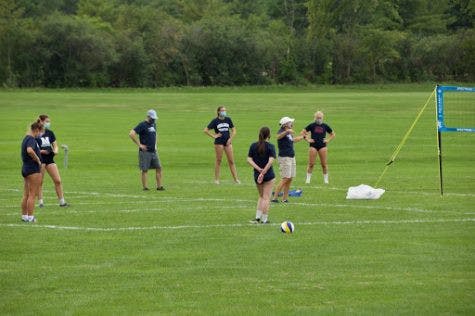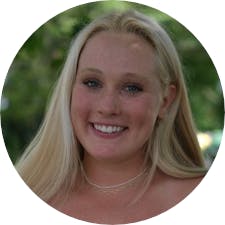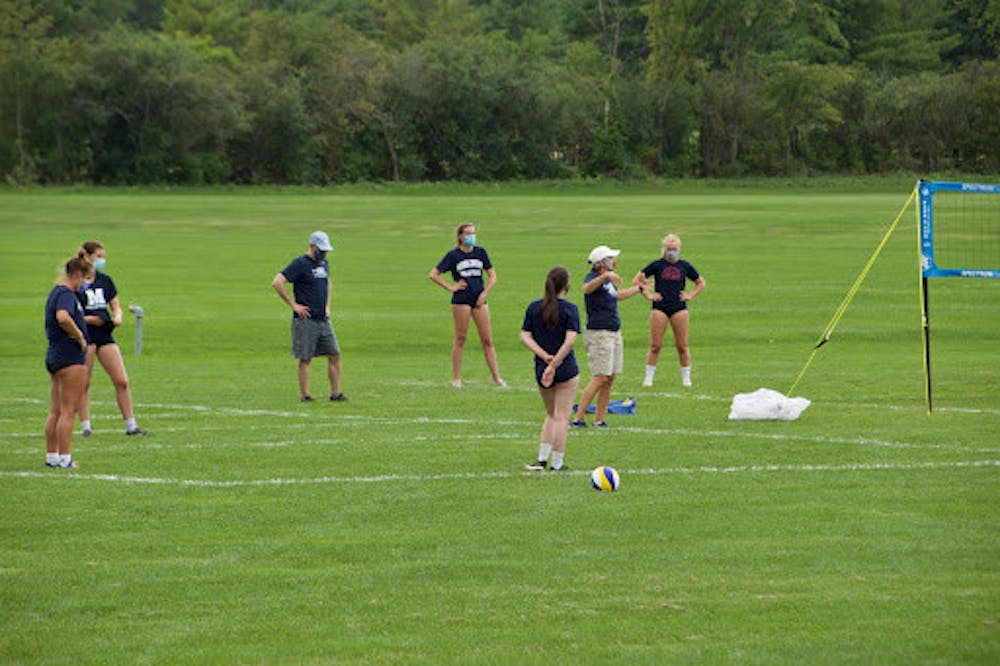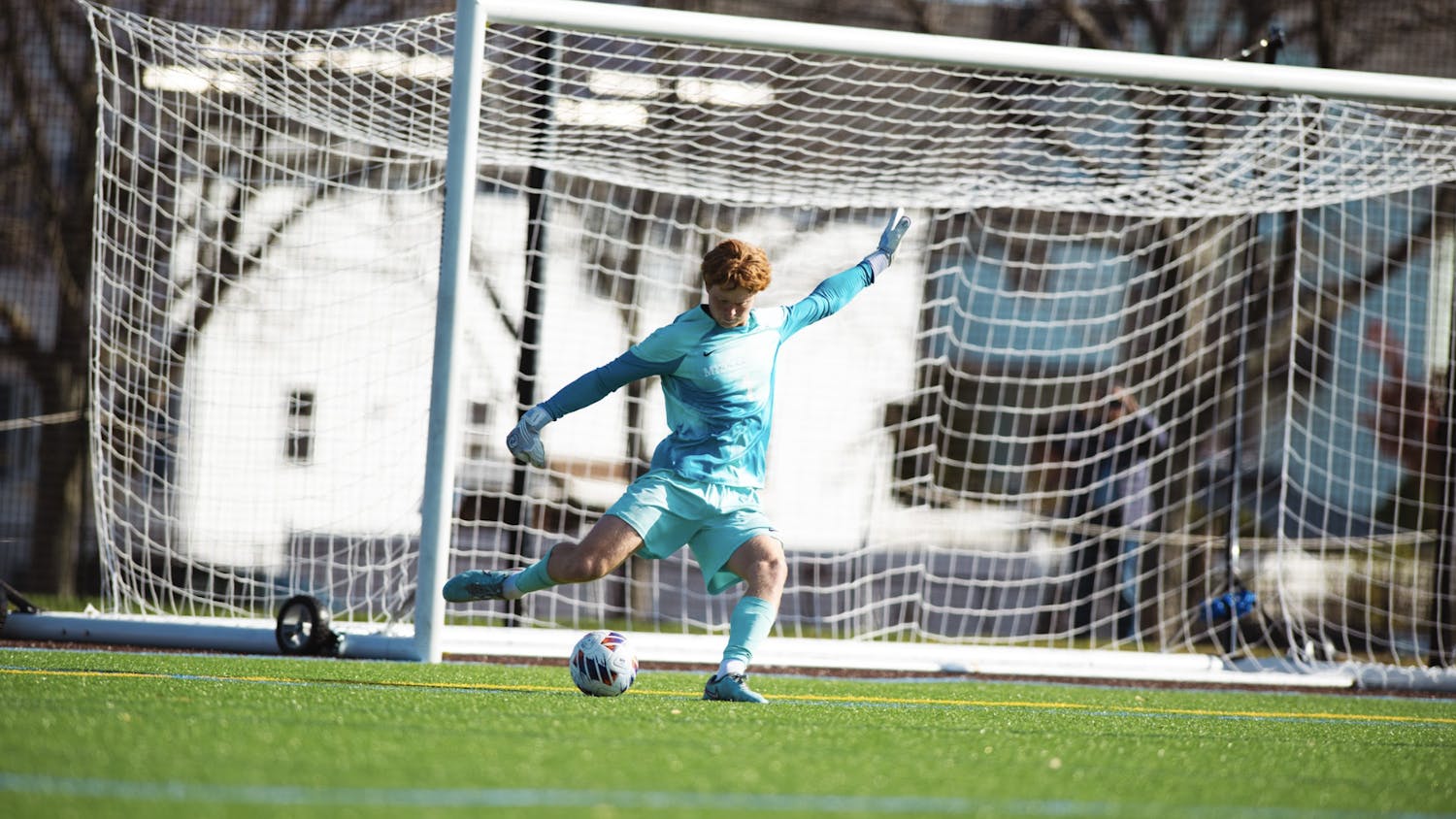Fall 2020 once looked promising for Middlebury athletics. The football team sought to extend its reign as NESCAC Champions, field hockey had eyes on its fourth -consecutive NCAA title and several other sports teams anticipated a competitive season of play with their Division III peers. However, when the NESCAC presidents announced the cancellation of fall sports competition in early July, teams across campus began to brainstorm ways to make the autumn months as productive as possible.
Now that fall sports practices have officially commenced, coaches and athletes are adjusting to the new safety precautions on campus. For Bob Ritter, head coach of the football team, that means adopting an innovative approach to practicing this fall, focusing more on individual technique, stretching, speed and agility. He plans to shorten the amount of time the team spends on the playing field, splitting his squad into smaller pods.
“The way we’re beginning is going to look very different,” Ritter said. “We won’t have any helmets or equipment to start, and everything we do is just going to be like the other regulations. We’ll be six feet apart and we’ll have masks on the whole time.”
Other fall varsity sports like soccer, field hockey and volleyball will follow similar measures to avoid physical contact on and off the field. Although practices and workouts for more individualized sports like cross country will essentially look the same, athletes will lack the support that comes with running alongside a cluster of teammates.
Ritter said he worries that these modifications will hinder the ability of first-year athletes to acclimate to the team culture. Although small group practices and the loss of a locker room space means limited face-to-face interaction, Ritter thinks the team’s virtual conversations this summer helped athletes bond in a way he hadn’t seen before.
“We had some pretty serious conversations about things that were going on in the country at the time,” Ritter said. “I think in some ways [we] might have gotten to know the first-years better over the summer than we traditionally do.”
Women’s volleyball, which will practice on outdoor grass courts until the start of Phase Two in mid-September, held similar dialogues over Zoom this summer. The team welcomed four first-years this fall, assigning each new athlete a “big sister” to help them adjust to life on campus.
“Each of our first years is assigned a big sister in the spring,” head coach Sarah Raunecker said. “So they’ve been cultivating those relationships over the summer, and I think that has helped the freshmen feel welcome even before getting on campus, too.”

While first-year athletes now seem to be successfully immersed in campus life, Middlebury coaches are concerned about how to attract prospective students to their athletic programs amid a pandemic. Because the majority of recruiting takes place in person — scouting athletes on the sidelines, hosting fall recruiting weekends and coordinating visits to campus — it will be challenging for coaches to evaluate potential players.
“My recruiting will be quite different moving forward, depending on who’s able to play and get video footage out,” Raunecker said. “In some parts of the country people are playing, so I’m getting some new footage, but traveling to see kids play and work[ing] with them at camps will drastically change the recruiting landscape for this next class.”
Prospective students may need to choose a school without ever visiting campus or meeting the team, according to Nicole Wilkerson, head coach of the men’s and women’s cross country teams. Instead, they’ll have to rely on virtual materials provided by college coaches — online tours, panels and Zoom chats — to determine whether a school is compatible with their academic and athletic interests.
“[The pandemic] has actually advanced the timeline because prospective student athletes can’t visit most campuses so they potentially have all of the information they can get by now,” Wilkerson explained. “They will likely have to make a decision without visiting any campus.”
For now, Ritter, Raunecker and Wilkerson are taking the fall “four days at a time,” as the football coach joked, using this season as an outlet to relieve stress and develop important skills. Luckily, it’s part of the job for both athletes and coaches to embrace challenges like these with open arms.
“We’re committed to making this experience a rewarding and fun one in these unusual and challenging times,” Raunecker said. “I think sport always teaches resilience and perseverance, teamwork and goal setting, and this year will be no different in that regard.”

Brinlea La Barge '23 is the senior news editor.
She previously served as news editor and sports editor. La Barge studies English and Linguistics at Middlebury and is a peer writing tutor and captain of the women's tennis team.
She spent the summer of 2022 as a communications intern for the Josh Shapiro for Governor campaign, and previously worked for Nantucket Magazine and WHYY, Philadelphia's local PBS and NPR affiliate.




